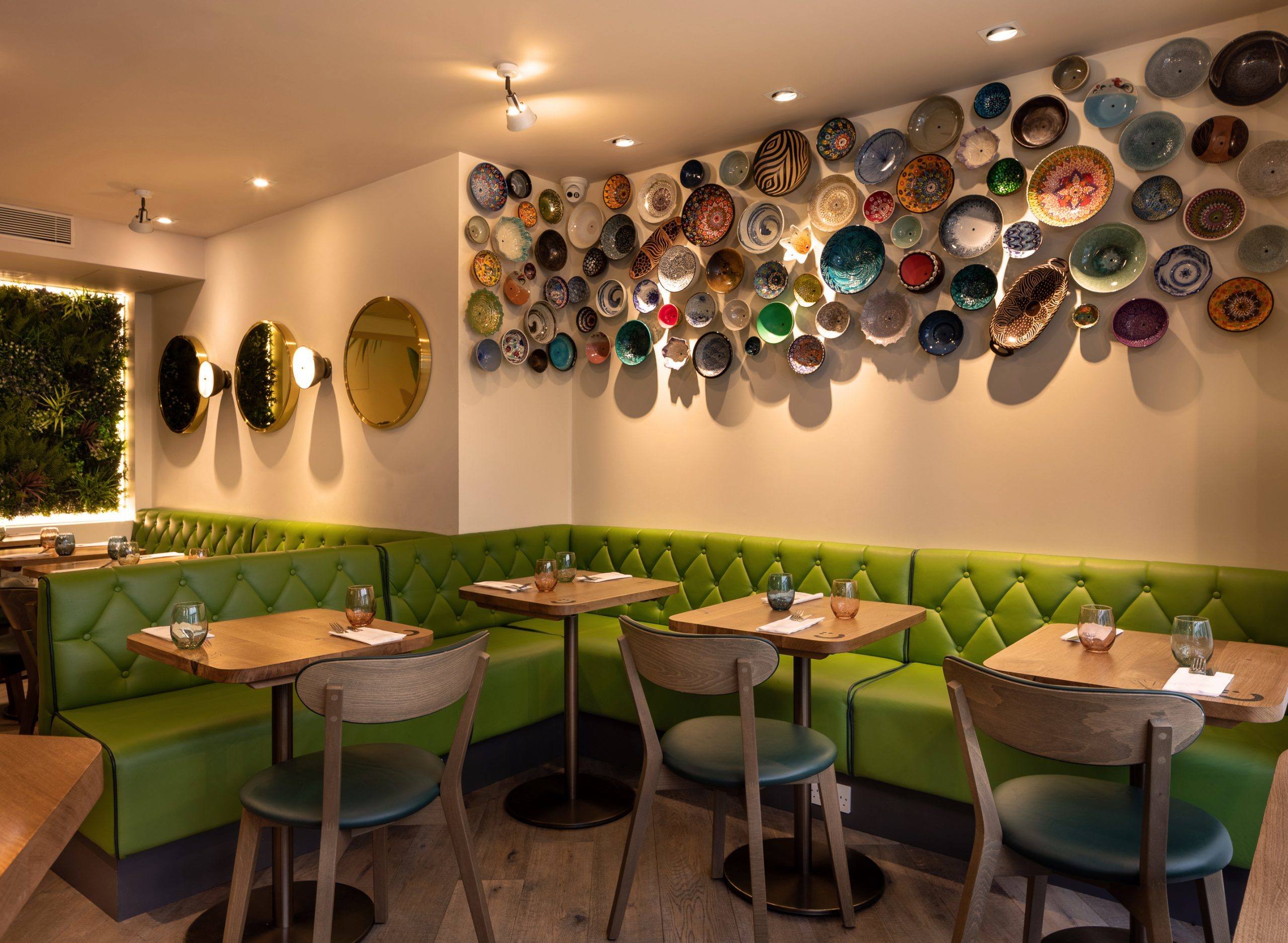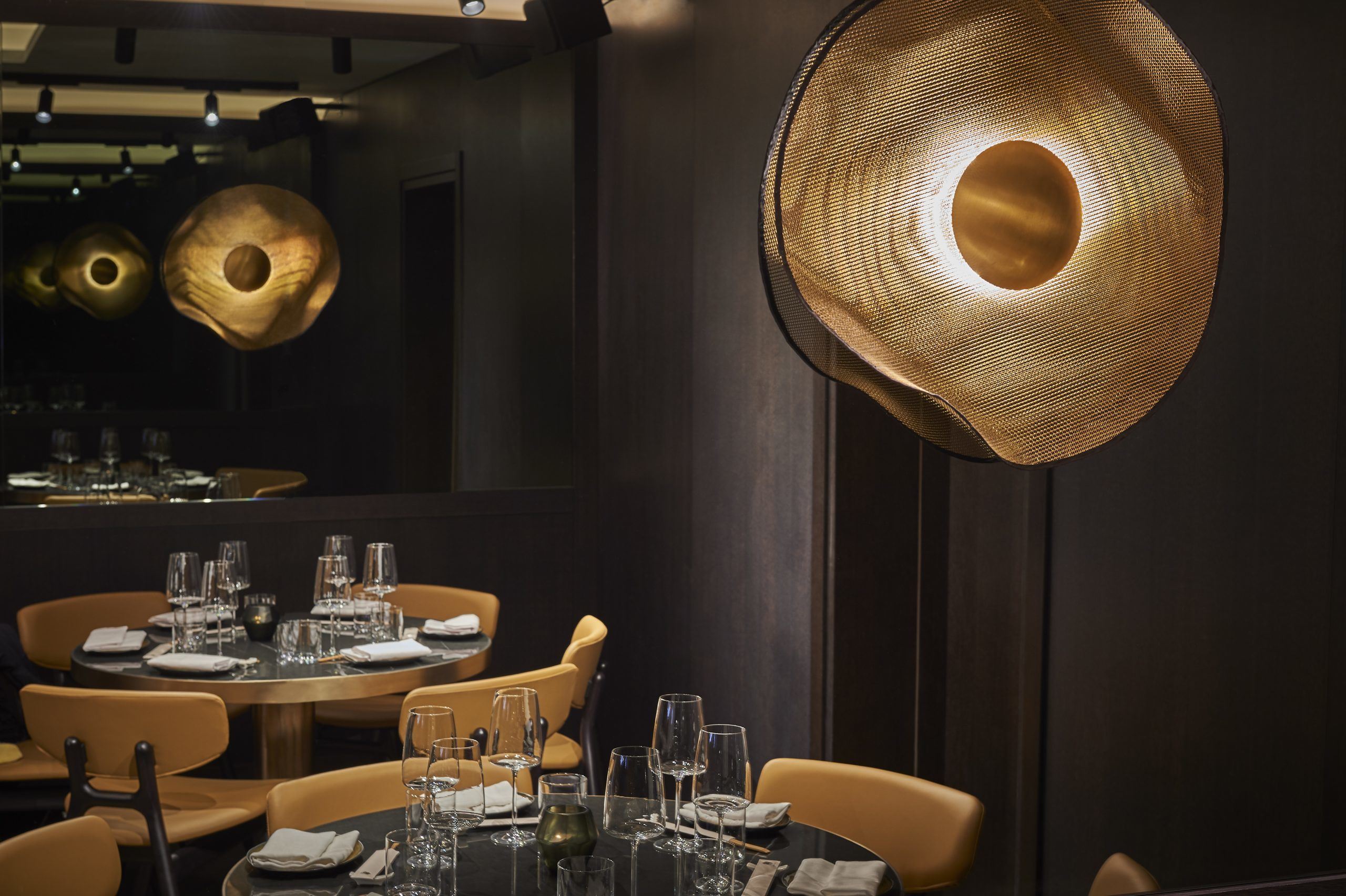Restaurant management
In overall management of a restaurant, the restaurant manager plays an important role. The restaurant managers undertake the responsibilities of the whole restaurant business. They coordinate with all departments for the smooth running of business. They handle a large number of information at the same time during their duty hours.
They have to be watchful about smallest details like the cleanliness of the spoons and buying rate of local milk to bigger issues like introducing a new dish in the menu. Perhaps the most difficult job for restaurant managers is to manage human resource. Restaurants are known be a very high turnover business in terms of human resource, therefore restaurant managers everywhere struggles on a daily basis to maintain a group of experienced and competent people in the staff. Because if a worker fails to appear any day, the manager will have to do his duty himself ñ be it cooking or waiting tables.
Restaurant managers must also be very patient, as the customers might sometimes be very unreasonable. They should be able to listen and take criticism gracefully. The restaurant managers should also be very brave when the situation arises to be able to accept mistakes ñ overall to do everything to make the customers happy at the end. A happy customer is a almost guaranteed return business.



Restaurant managers everyday responsibility would involve hiring staff, making work schedules, overseeing all operation including preparation of food, addressing the complaints from patrons, taking care of supplies, designing menus, maintain cleanliness and hygiene, and filling up for anyone in any department of the restaurant. Their duty hours may be flexible; most managers prefer to put themselves in peak business hours, but the scope of their duty is 24 hours a day, 7 days a week.
As there are different types of restaurants, there are Restaurant Managers specialise in these different type of restaurants like ñ high society fine dining restaurants, chain full-service restaurants, fast-food restaurants etc. Conventionally Restaurant Managers climb up the ladder through waiters, cooks and chefs. However, professionally run big restaurants prefer people who are academically sound too ñ a degree in hospitality management. Even after the academic qualification, may chain restaurants have specialized training programmes to fit them in with their own style of work. The length of these theoretical and practical classes depends on the restaurants chains. However with all the academic learning and in-house training the restaurant managers usually start from being Assistant Managers.
Some of the required skills of a potential Restaurant Manager are ñ managing and supervising people (including hiring and firing), giving orders, handling complaints tactfully and wisely, motivation subordinates, fast thinking, requiring minimum supervision, computer knowledge, a sense of good business, to be able to handle pressure calmly, professional approach to issues and being able to work with numerous responsibilities simultaneously. Besides these, a restaurant manager should also be good at mathematics, reading, writing, speaking, listening, have strong work ethic, be independent and presentable.
With all these qualities in hand, a person can seek for job as a Restaurant Manager in various different kinds of restaurants like fast-food joints or chains, fine dining restaurants, hotels, resorts etc.
Read more on How Good Leaders make you Feel Safe, Why?

BUSINESS & PROJECT MANAGEMENT Service
A unique, tailored service designed to fulfil your business needs.
We support and guide, or do it for you, to make sure all the essentials are taken care of in accordance with your required standards.
